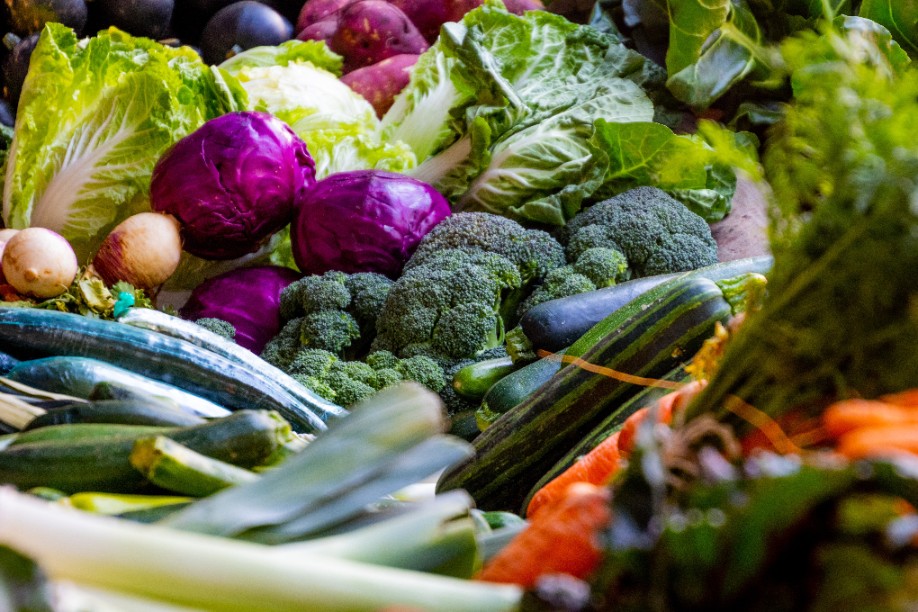In our previous post, we discussed the causes and common types of anaemia that affect Indian women. While pregnant women are the most vulnerable to anaemia, women of all ages should keep a close watch for typical symptoms and seek care immediately to reduce the chance of future complications.
Although anaemia signs and symptoms vary based on the type and cause of anaemia, general symptoms are similar and can worsen if left untreated.
What are the symptoms?
General symptoms of anaemia include:
- Fatigue
- Weakness
- Headache
- Leg cramps
- Shortness of breath
- Irregular heartbeats
- Pale or yellowish skin
- Chest pain
- Cold hands and feet
- Insomnia
Additional symptoms of iron deficiency anaemia include:
- Hunger for strange substances (paper, iron, etc.)
- Koilonychia (upward curvature of nails)
- Soreness of the mouth with cracks on the corners• Soreness of the tongue
Additional symptoms of vitamin deficiency anaemia include:
- “Pins and needles” sensation in the hands and feet
- Lost sense of touch
- Difficulty walking
- Clumsiness or muscle stiffness
- Dementia
What are the risk factors?
Risk factors for anaemia include
- a diet lacking in certain vitamins,
- intestinal disorders,
- menstruation, pregnancy,
- chronic conditions,
- family history,
- and age
Thalassemia is an inherited blood disorder that results in abnormal haemoglobin and therefore cause anaemia, so it’s important to know if you carry the genetic trait for thalassemia.
Scroll down for more on diagnosis and treatment
Diagnosis
If you suspect you have anaemia, see your general physician immediately. They can diagnose anaemia by using a complete blood count (CBC) to estimate the number of blood cells in a sample of you blood. The normal haemoglobin range for women is 12.0 to 15.5 g/dL. A test can also determine the size and shape of red blood cells. If you receive a diagnosis of anaemia, your doctor may order additional tests to find the cause.
Treatment
While some types of anaemia cannot be prevented such as thalassemia, deficiency anaemia can be avoided by maintaining a diet with a variety of nutrients. To ensure that you get enough nutrients, make sure your diet includes:
- Iron-rich foods such as meat, beans, lentils, dark green leafy vegetables, and dried fruit.
- Folate-rich foods such as fruit, fruit juices, dark green leafy vegetables, green peas, kidney beans, peanuts, and enriched grain products (white bread, cereal, etc.)
- Vitamin B-12: meat, dairy products, and fortified/enriched cereal and soy products.
- Vitamin C: fruits, fruit juices, and vegetables
Supplements
Iron deficiency anaemia can be treated by taking iron supplements and adding iron to your diet. Vitamin C helps the absorption of iron, so when taking iron supplements, take with orange juice or a vitamin C supplement. You can also take dietary supplements to avoid deficiency anaemia.
It is highly recommended to supplement with folate if you are considering getting pregnant in the next 3 months. If the cause of this condition was a loss of blood, the source of the bleeding must be located and stopped. If your digestive system cannot absorb the nutrients such as after gastric bypass surgery, you may need vitamin B-12 shots.
Get a Blood Test with Veera Health
The best way to protect against anaemia is a well-balanced, nutritious diet since the majority of cases are due to a lack of nutrients. If you have any of the above symptoms, consult a Veera doctor for a simple blood test.
Also Reviewed By Dr. Shailly Prasad, MD/MBA, Resident Physician, Obstetrics & Gynecology.
Disclaimer: Content on Veera is provided for informational purposes only and is not intended as medical advice, or as a substitute for medical advice given by a physician.


















